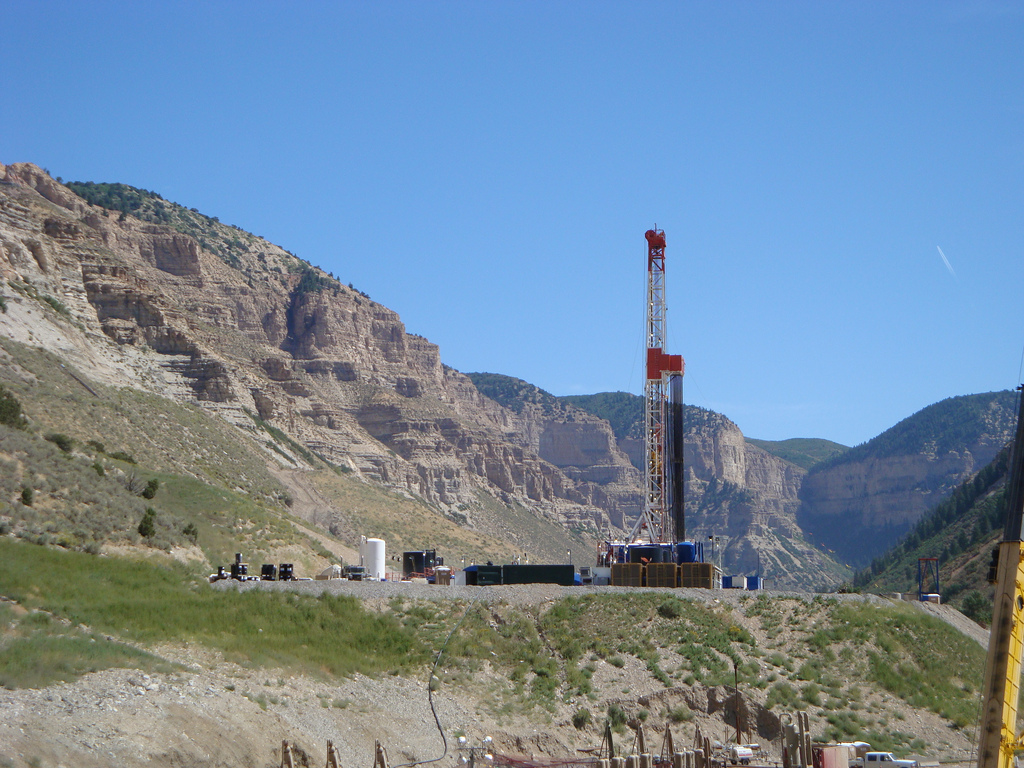
Russia’s Gazprom Problem
Gazprom, Russia’s state-owned natural gas company, is the largest natural gas company in the world, posting net profits of $38 billion in 2012. Its influence partially comes from the fact it is the major provider of natural gas for Europe. Sergii Bondarchuk, a Ukrainian businessman and civic leader who spoke with ASP about Ukraine’s future, thinks that Gazprom has too much influence in Ukraine. But ironically there is one country that should be particularly concerned about Gazprom’s influence – Russia.
Richard Auty developed the resource curse theory in 1993, which says that countries rich in natural resources will develop more slowly than those poor in natural resources. This happens because investment in natural resources crowds out investment in industry and agriculture, commodity prices are volatile, and the wealth generated from natural resources has a negative impact on weak political institutions.
In Russia, the problem of weak political institutions is critical. Gazprom is not transparent about how much money it gives to the Russian government, but Gazprom is a crucial part of Russia’s economic and geopolitical policy. Gazprom can appear to be acting as a wing of the Russian government, like in Gazprom’s price setting. Russian President Vladamir Putin has encouraged an economy dependent on its exports of natural resources of oil and gas. Revenues from gas and oil sales in turn help support the Russian government. Gazprom dominates Russia’s natural gas sector. It has 78% of the nation’s output and has a pipeline and export monopoly.
Putin would argue that the expansion of the natural resource sector allowed Russia to escape its economic malaise in the ‘90s and is responsible for Russia’s growth over the past decade. But by putting Russia into the resource curse, Putin and Gazprom have made the country dependent on the success of its natural resources, and Russia’s future growth prospects are not robust.
Escaping the resource curse is not easy. But if Russia wants to be less dependent on Gazprom, it must do so.






[…] Russia’ Gazprom Problem […]